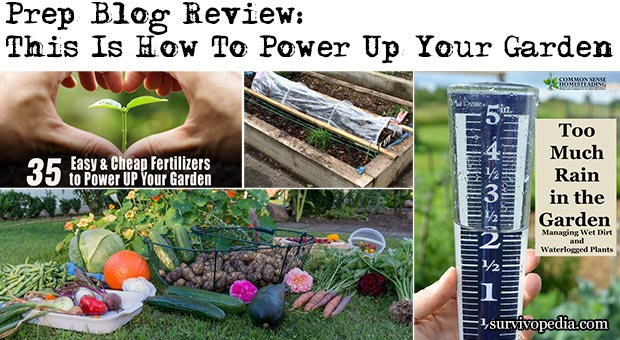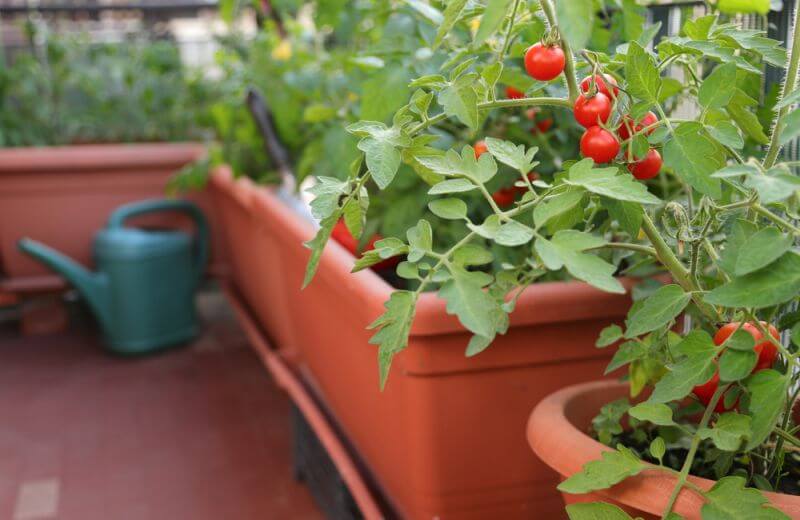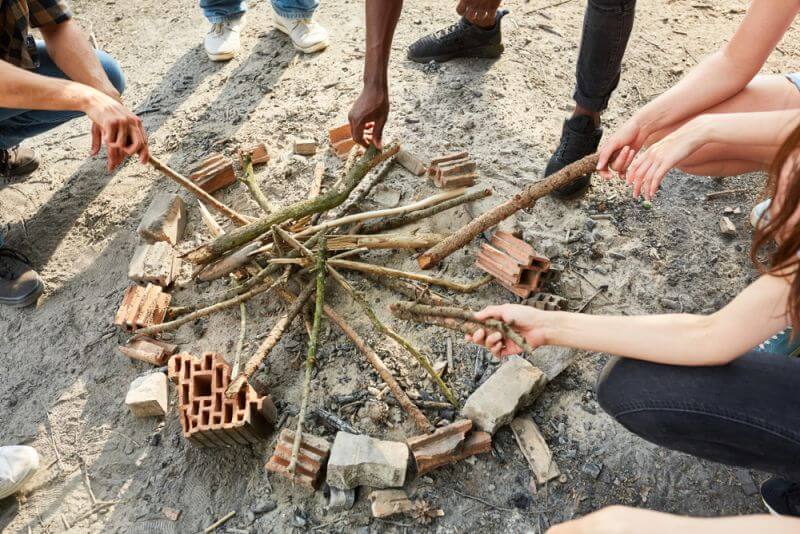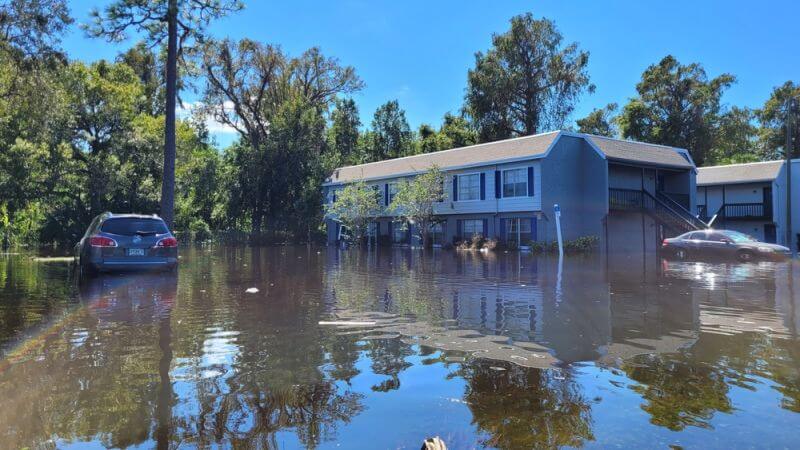Give your garden some love this seasons and it will give you back healthy, delicious crops. I can hardly believe that we are already at this point of the year. July is a great month for you summer garden and the question is: what to do first?
The garden is in full bloom, but in the same time the sun is burning, the rains are heavy and the weeds are growing.
July is a busy month so, with this thing in mind, for this week’s Prep Blog Review I’ve gathered five article on this topic. Of course, if you have tips to add, feel free to comment in the section below.
1. How to Keep the Hot Sun from Harming Your Plants
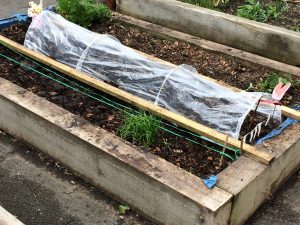
This harmful light can bleach out leaves, and disrupt the growing process, even in plants that supposedly thrive in very hot weather. Thankfully, there are some things that you can do to prevent this from occurring.”
Read more on Be Self Sufficient.
2. 35 Cheap Organic Fertilizers to Power Up Your Garden
“Home gardeners spend millions each year on fertilizer for their gardens and houseplants. WOW! While many scientists agree that chemical fertilizer 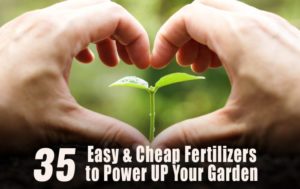
3 Reasons You Need Organic Fertilizer
Your plants need organic fertilizer because:
Most soil does not provide the essential nutrients that are required for the best plant growth and production.
Even if you are super lucky to have rich loamy soil that all of us crave, as your plants grow they absorb those nutrients and leave the soil less fertile.
All of those beautiful flowers, fruits, and veggies that you grew last year took the nutrients that were in the soil. This year, your garden needs another boost of nutrients for this year’s plants.”
Read more on The Grown Network.
3. Shade Loving Plants For Your Survival Garden
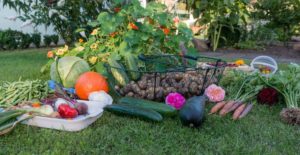
The truth is, there are vegetables that can and will grow in these partially shaded areas. All plants, however, do require some sunlight throughout the day so be sure that these shaded areas also receive a little sunlight as well.”
Read more on Survival Life.
4. The Easiest Way to Compost Garden Waste
5. Too Much Rain in the Garden – Managing Wet Dirt and Waterlogged Plants
“Rainwater is best for watering your garden, but too much rain is hard on your soil and your plants. I was watching the morning news the other day, and the weatherman said we had rain 15 days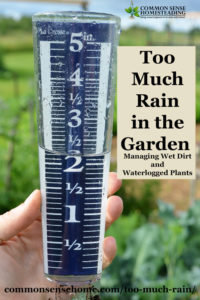
My garden is soggy, but most of it is still in pretty good shape. In this article, we’ll talk about wet garden solutions, including steps you can take to prevent damage, and what to do after heavy rains hit. Wet weather might slow plants down, but it doesn’t have to end your gardening season.”
Read more on Common Sense Home.
This article has been written by Drew Stratton for Survivopedia.


